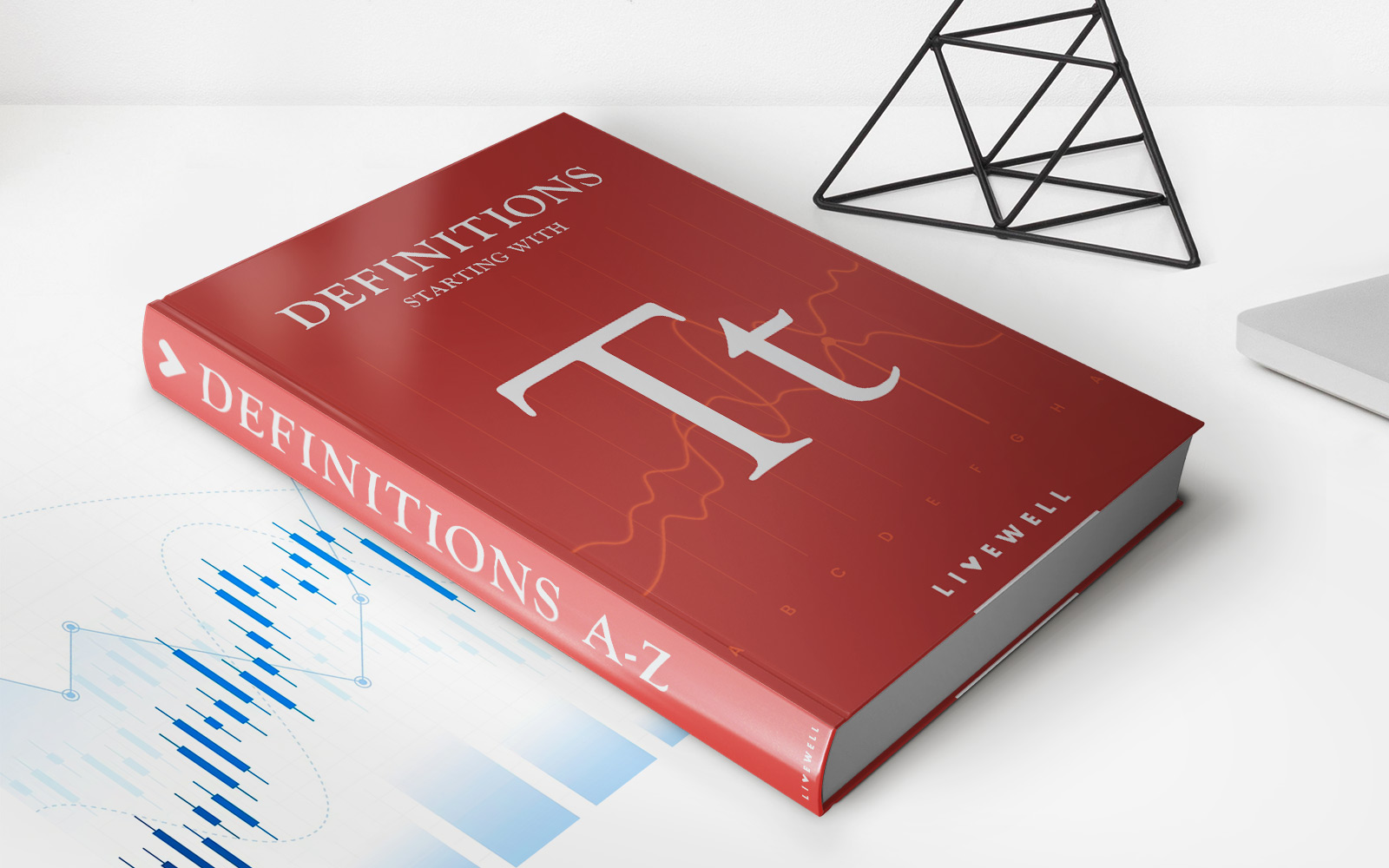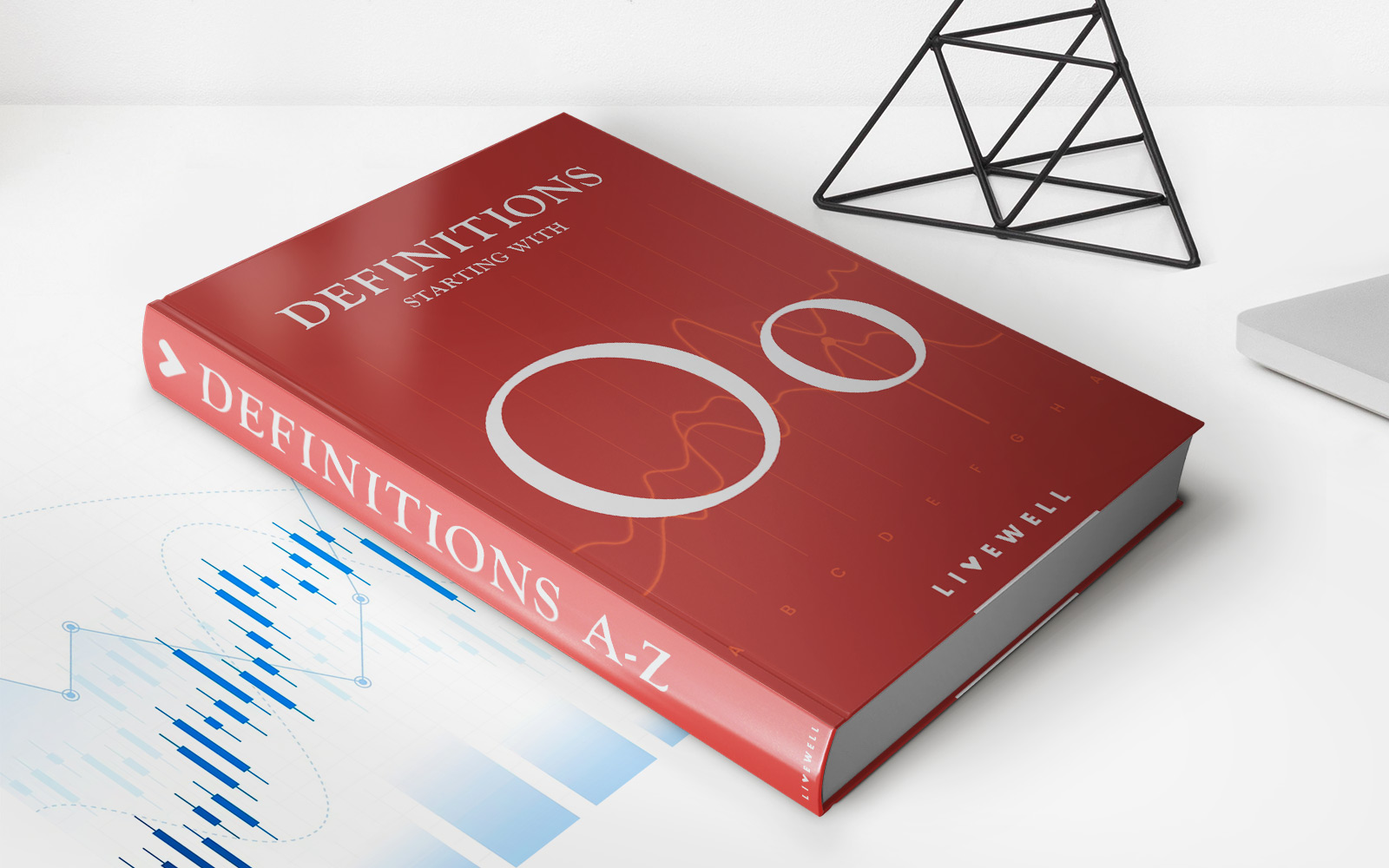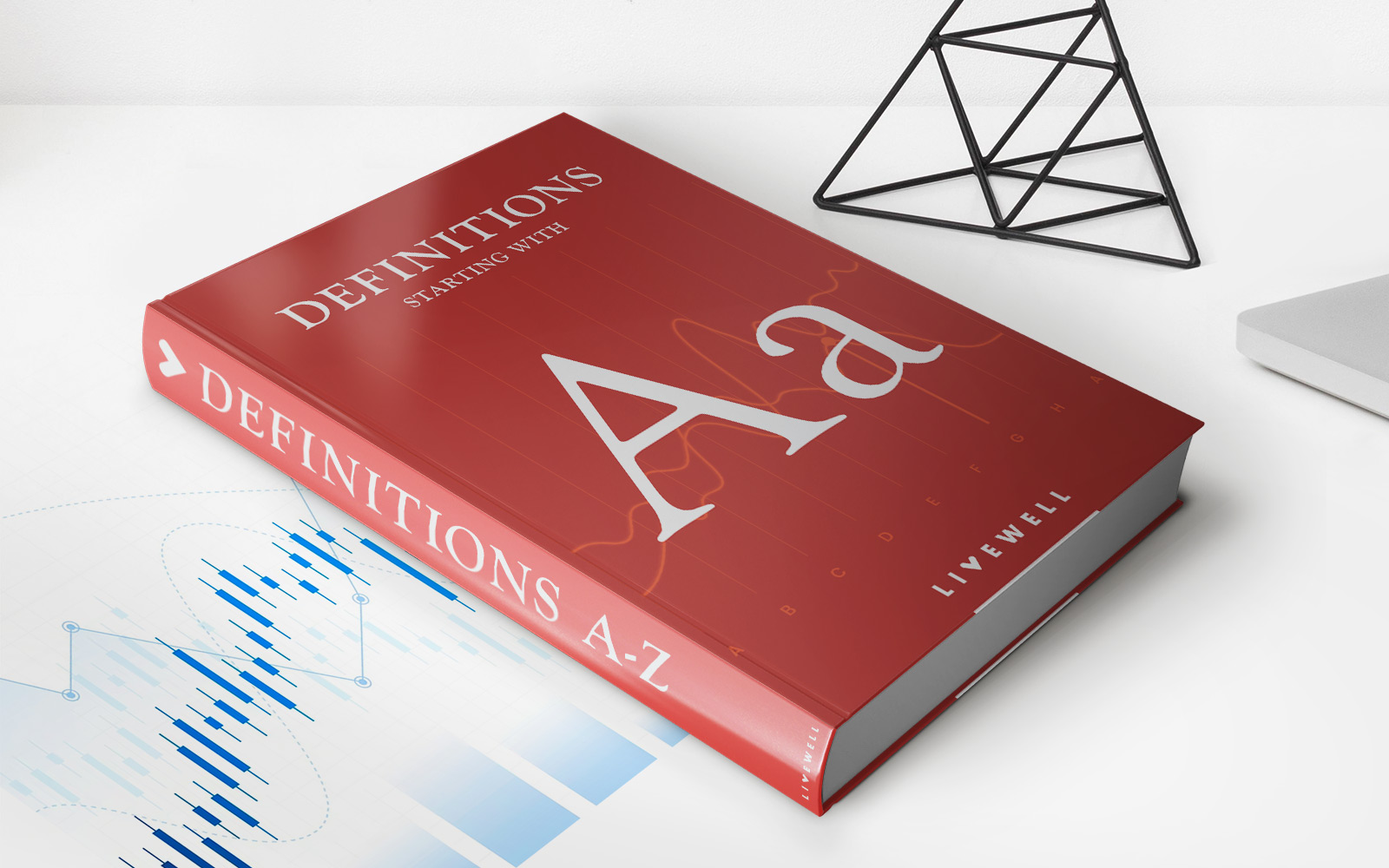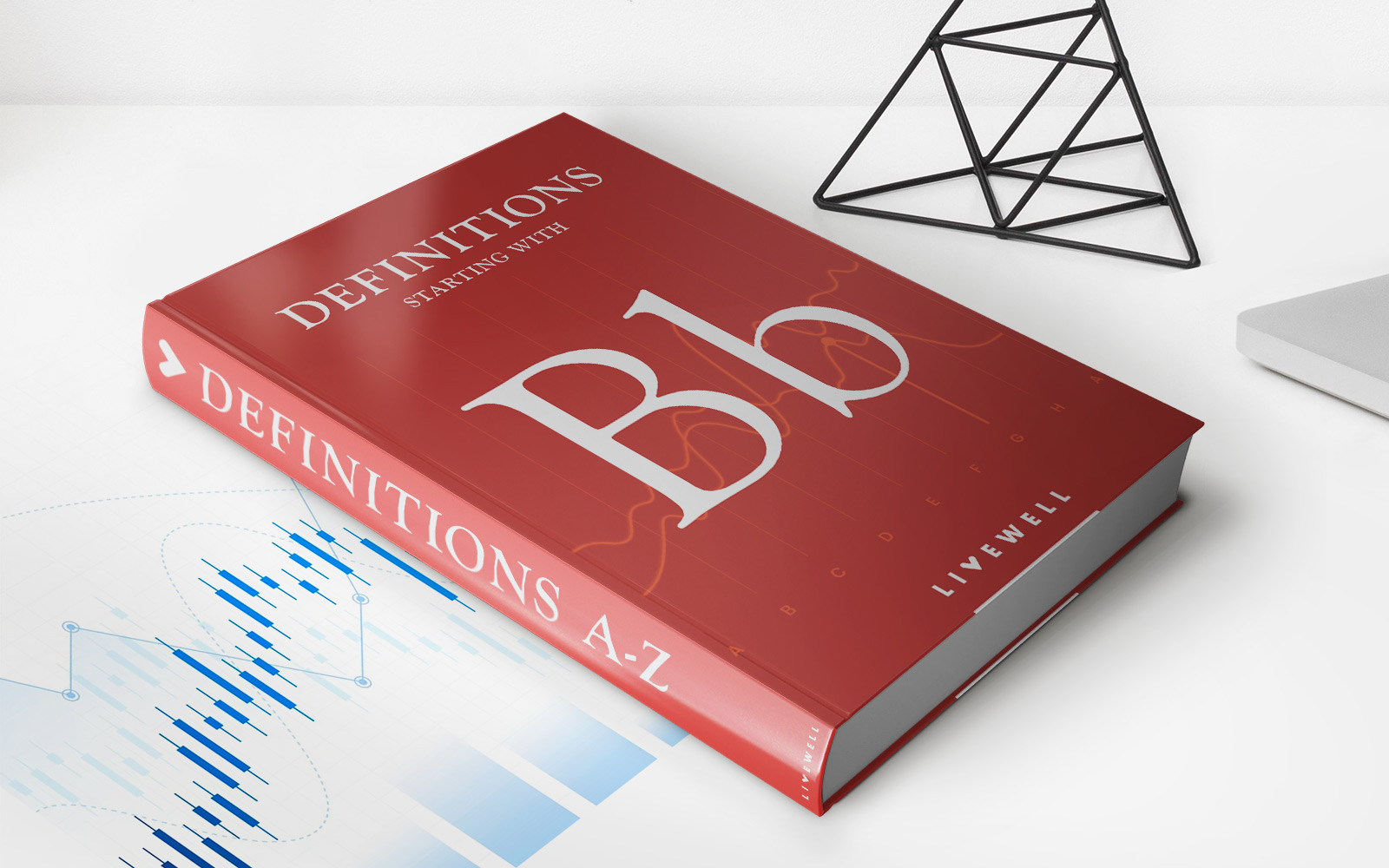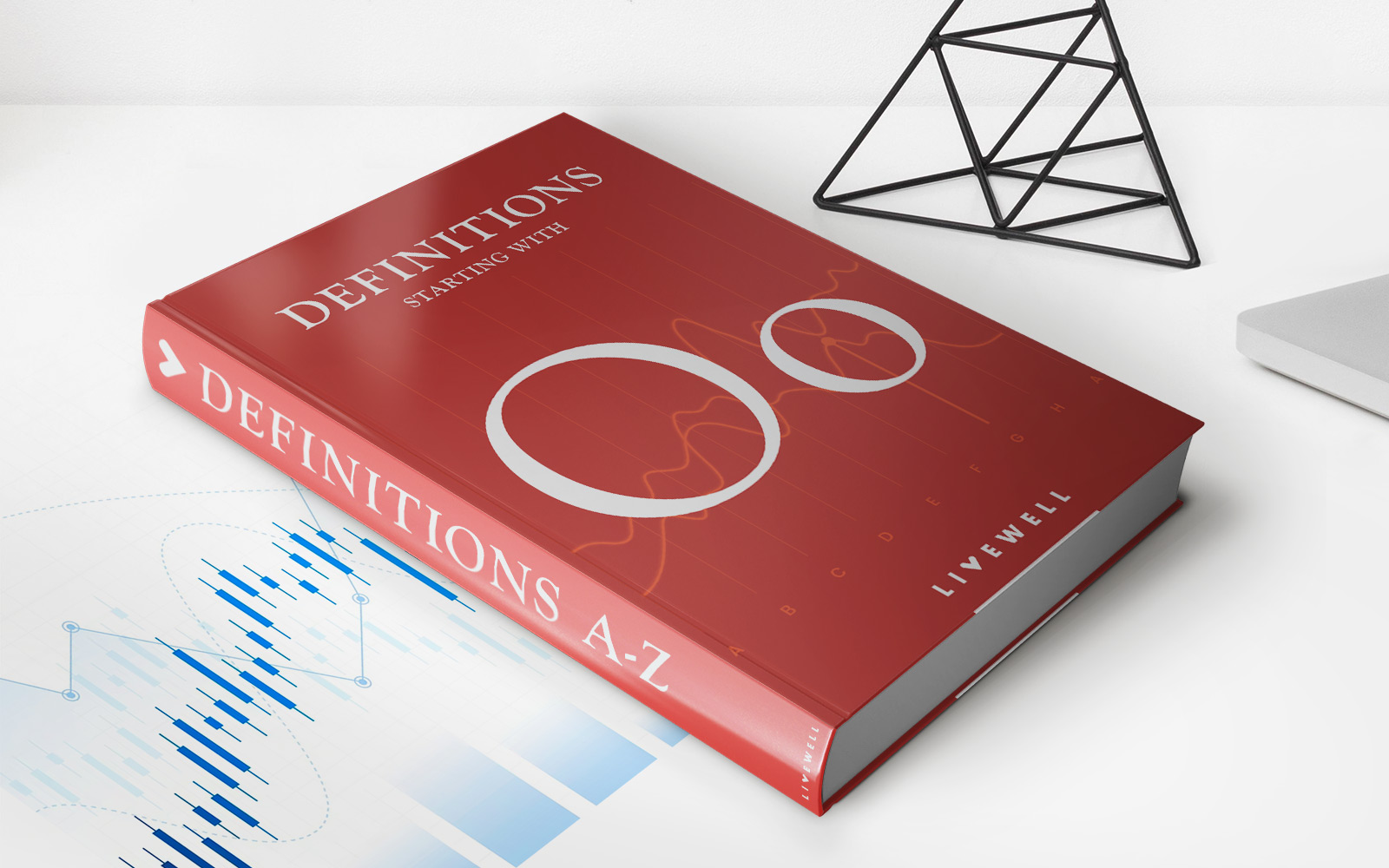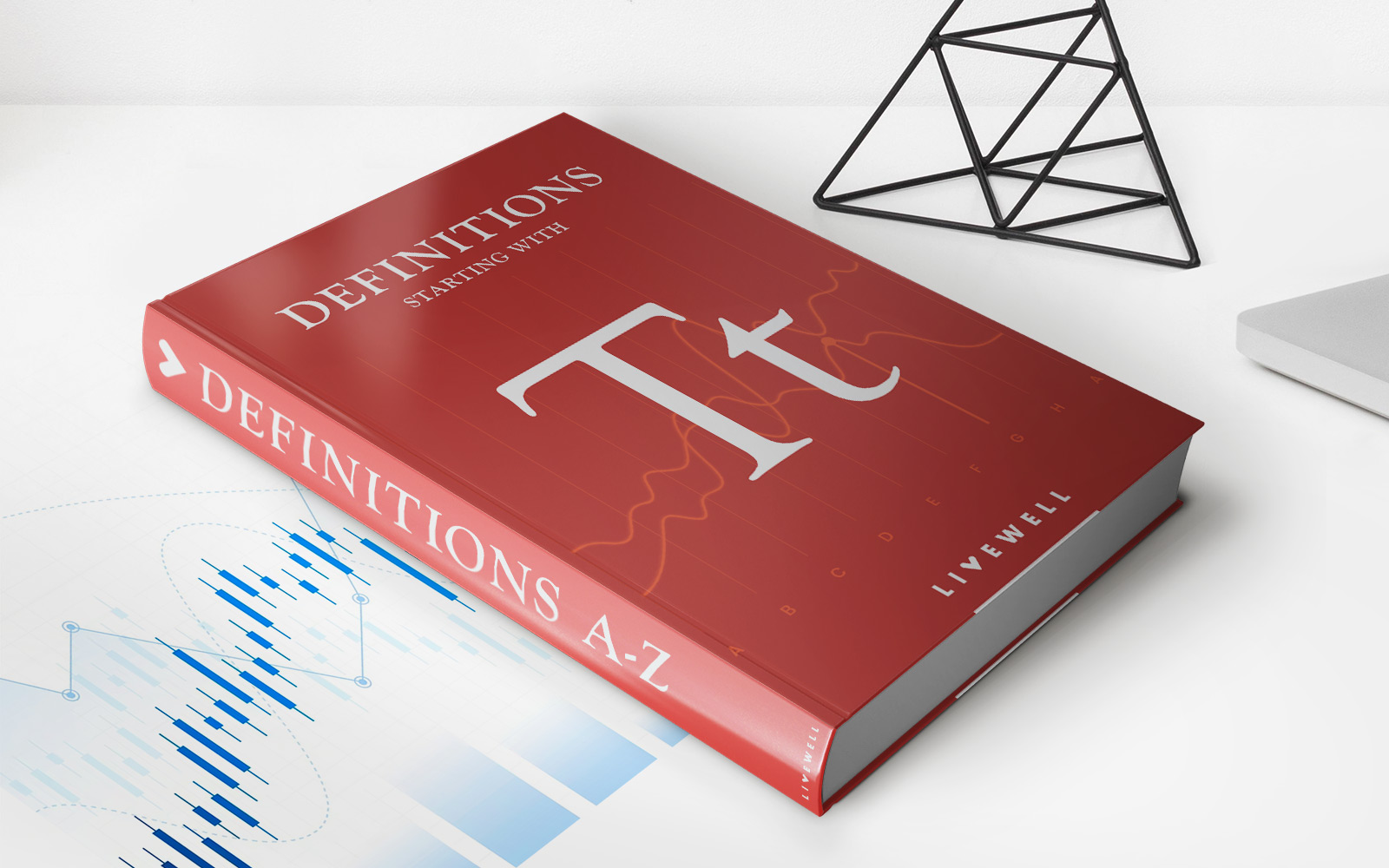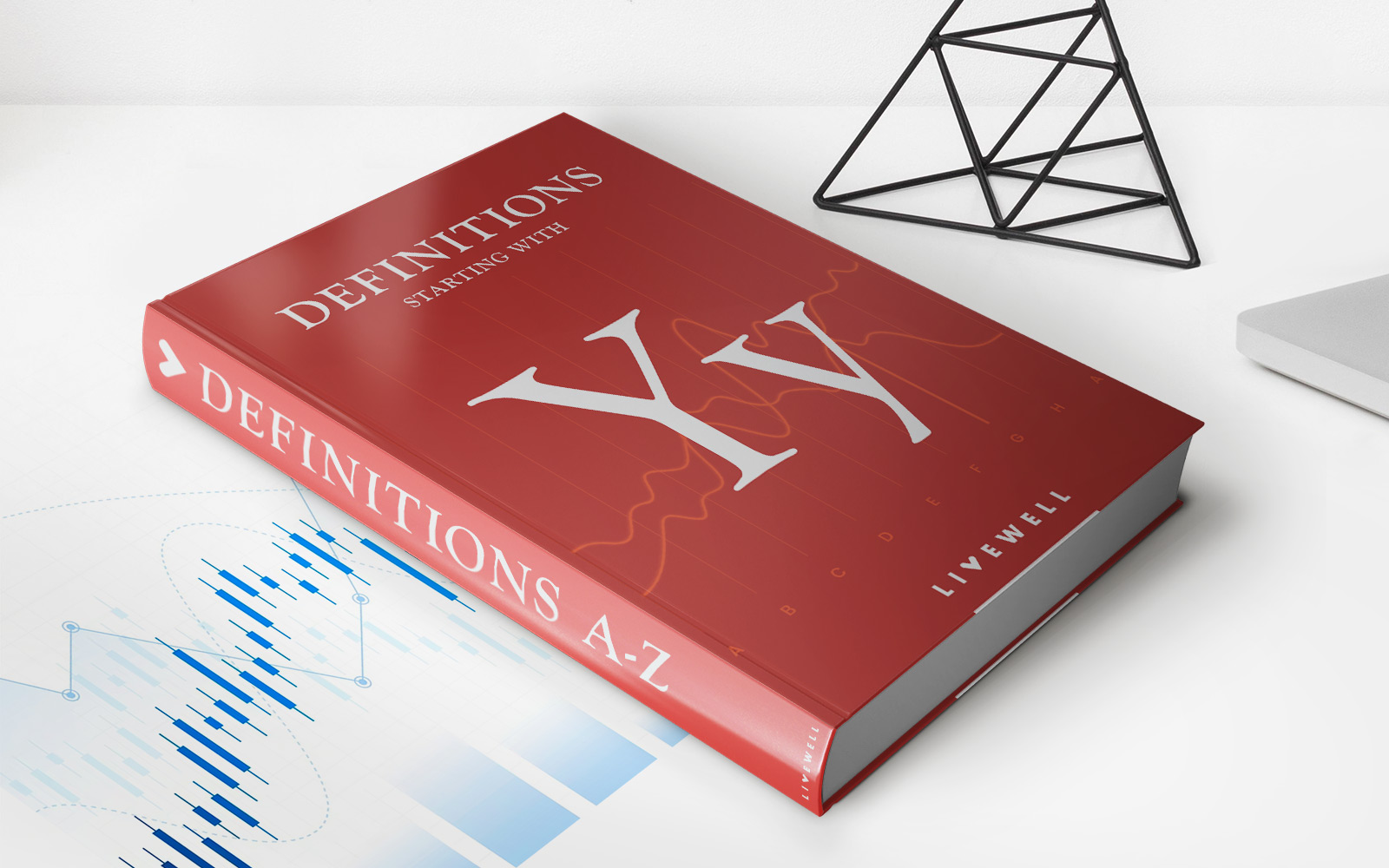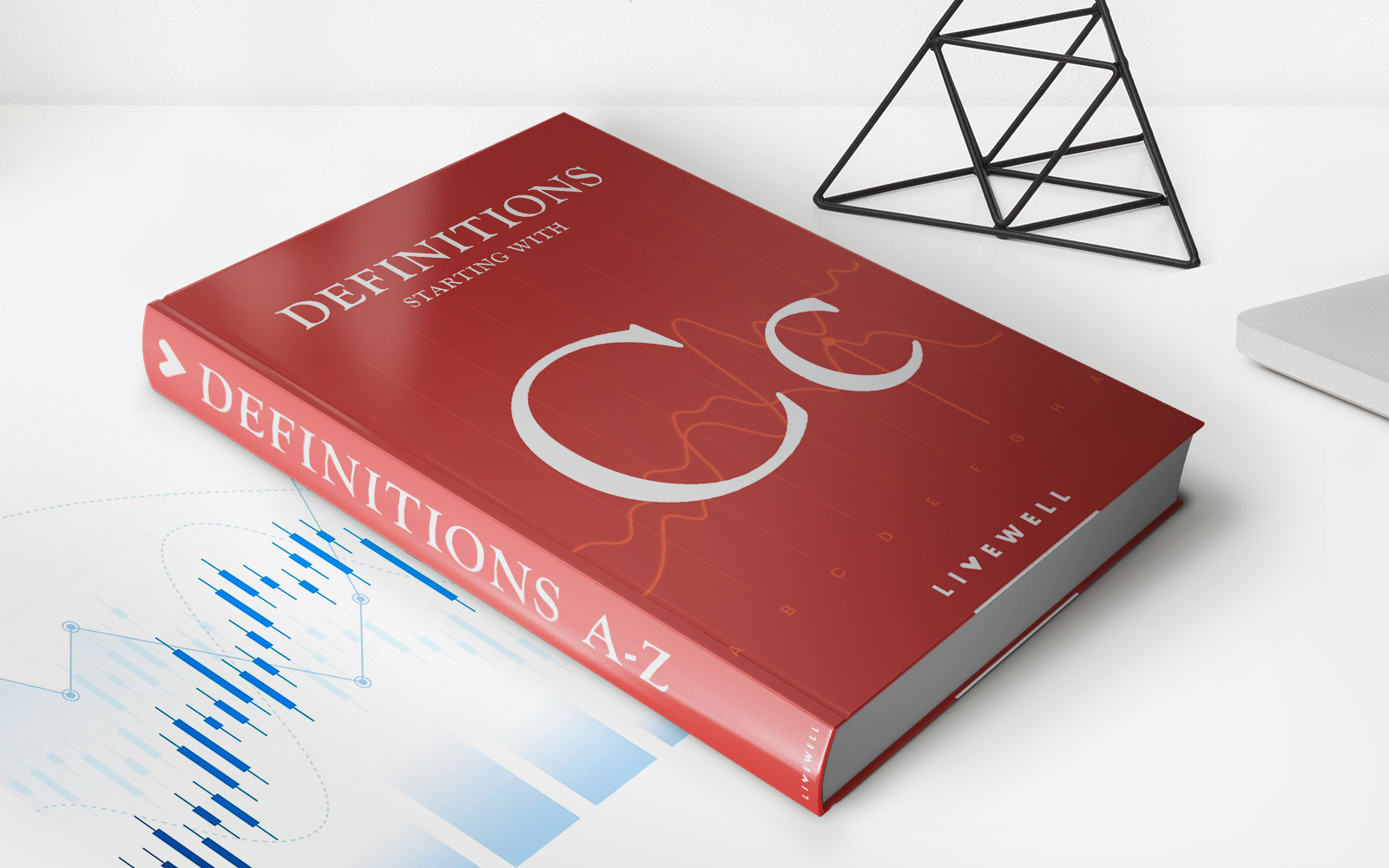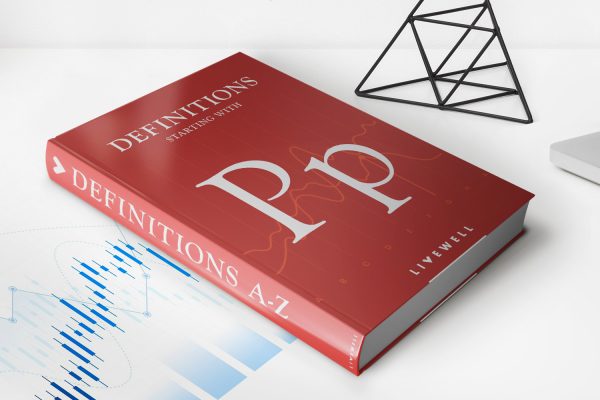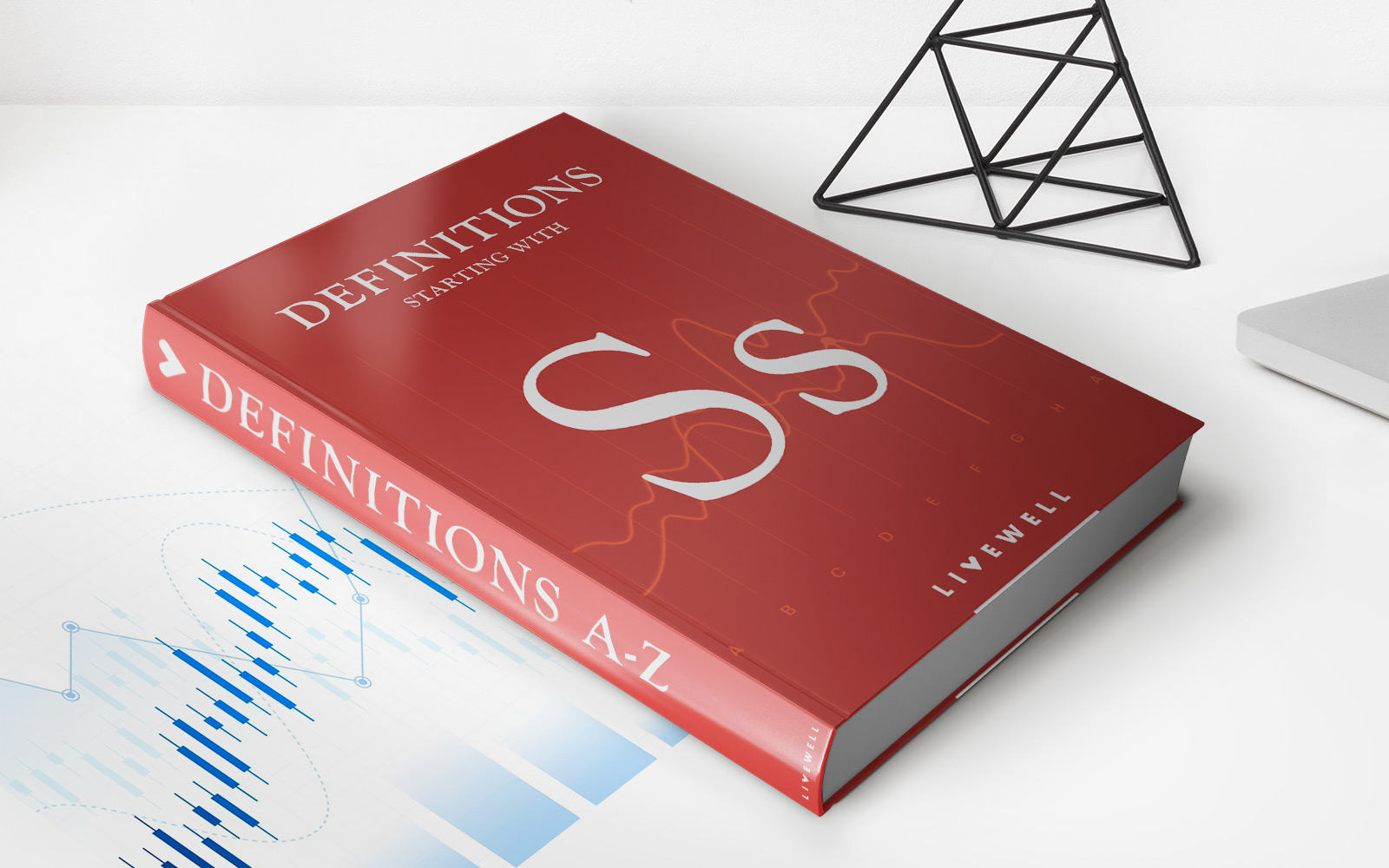Home>Finance>Barrel Of Oil Equivalent (BOE): Definition And How To Calculate
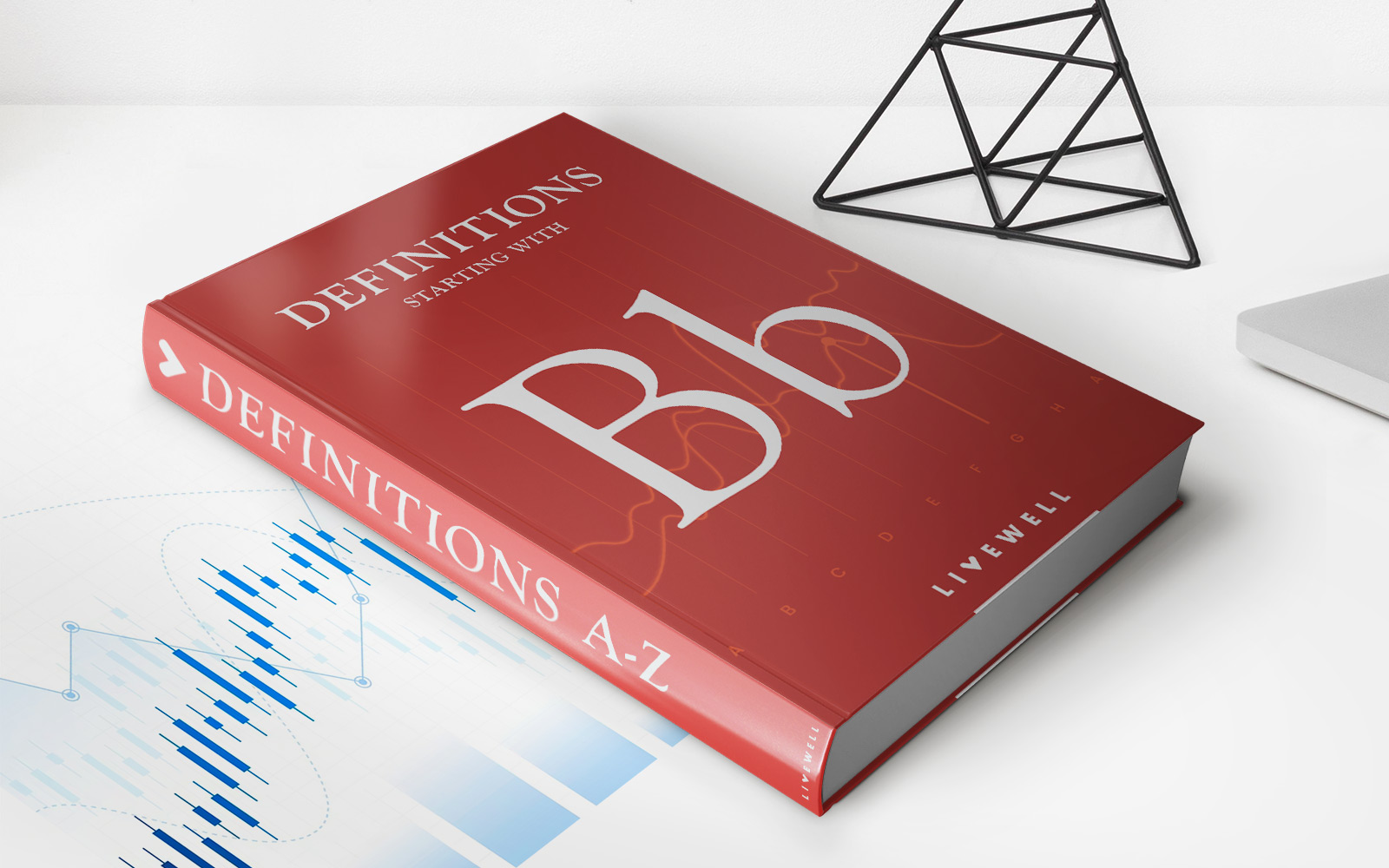

Finance
Barrel Of Oil Equivalent (BOE): Definition And How To Calculate
Published: October 14, 2023
Learn how to calculate Barrel of Oil Equivalent (BOE) in the finance industry. Understand the definition and its importance for energy conversion.
(Many of the links in this article redirect to a specific reviewed product. Your purchase of these products through affiliate links helps to generate commission for LiveWell, at no extra cost. Learn more)
Barrel of Oil Equivalent (BOE): Definition and How To Calculate
When it comes to understanding the world of finance, there are many terms and concepts that can seem overwhelming. One such term is the Barrel of Oil Equivalent (BOE). But fear not! In this blog post, we will demystify the term BOE, explain its definition, and guide you on how to calculate it. So, let’s dive in!
Key Takeaways:
- A Barrel of Oil Equivalent (BOE) is a unit of energy measurement used to standardize and compare different types of energy sources.
- The calculation of a BOE is based on the energy content of one barrel of crude oil.
What is a Barrel of Oil Equivalent (BOE)?
A Barrel of Oil Equivalent (BOE) is a term commonly used in the energy industry to compare and standardize different energy sources based on their energy content. It allows us to measure and understand the value of different energy sources in relation to one another.
BOE is particularly useful when comparing energy sources like natural gas, coal, and renewable energy sources, as they have different energy densities and measures. By converting these sources into a common unit, it becomes easier to analyze and make informed decisions about energy investments and consumption.
How to Calculate a Barrel of Oil Equivalent (BOE)?
The calculation of a BOE is relatively straightforward. It is based on the energy content of one barrel of crude oil, which is approximately 5.8 million British Thermal Units (BTUs). To calculate a BOE, you need to consider the energy content of the energy source you are comparing to oil and divide it by the energy content of one barrel of crude oil.
Here’s the formula:
BOE = Energy Content of the Energy Source / Energy Content of One Barrel of Crude Oil
The energy content of different energy sources can be found in publicly available sources such as official energy statistics or industry reports. Once you have determined the energy content, plug those values into the formula, and you’ll have your BOE value.
For example, let’s say you want to calculate the BOE value of natural gas. The energy content of natural gas is typically measured in cubic feet or British Thermal Units (BTUs). If the energy content of natural gas is 1 million BTUs, then the BOE calculation would be:
BOE = 1,000,000 BTUs (Energy Content of Natural Gas) / 5,800,000 BTUs (Energy Content of One Barrel of Crude Oil)
In this example, the BOE value of natural gas would be approximately 0.17 BOEs. This means that 1 million BTUs of natural gas is equivalent to approximately 0.17 barrels of crude oil.
The Importance of Barrel of Oil Equivalent (BOE)
Understanding the concept of a Barrel of Oil Equivalent (BOE) is crucial in the energy industry for various reasons:
- Comparison: BOE enables easy and accurate comparisons between different energy sources. It allows stakeholders to evaluate the relative value and efficiency of each energy source.
- Decision Making: By converting various energy sources into a common unit, BOE helps decision-makers assess the economic viability and profitability of different projects and investments.
- Planning: BOE is essential in energy planning, as it helps governments and industry leaders develop sustainable energy strategies and policies.
Overall, understanding the concept of a Barrel of Oil Equivalent (BOE) empowers individuals and organizations to make informed decisions in the energy sector, leading to better resource allocation and a more sustainable future.
So, the next time you come across the term BOE, you’ll know exactly what it means and how to calculate it. Happy energy analysis!
